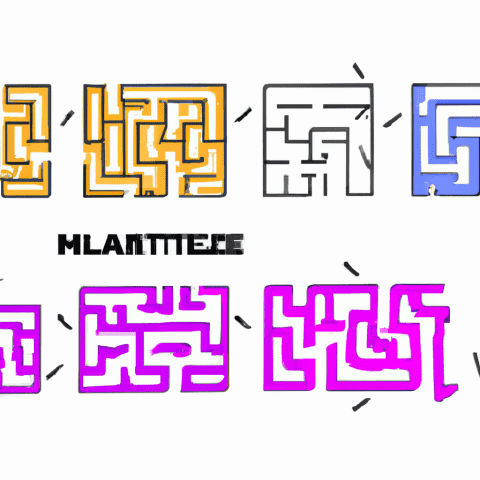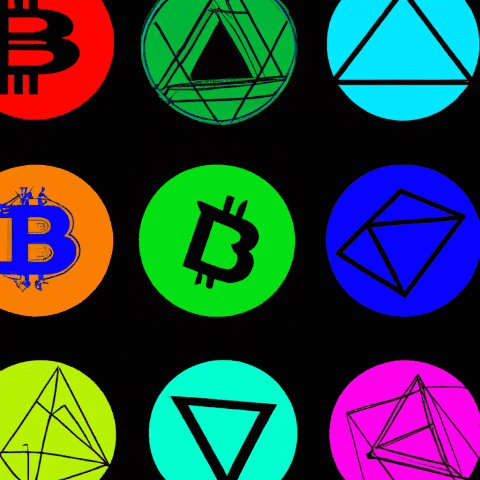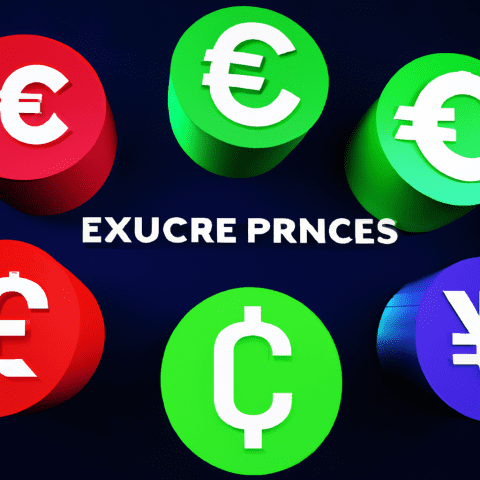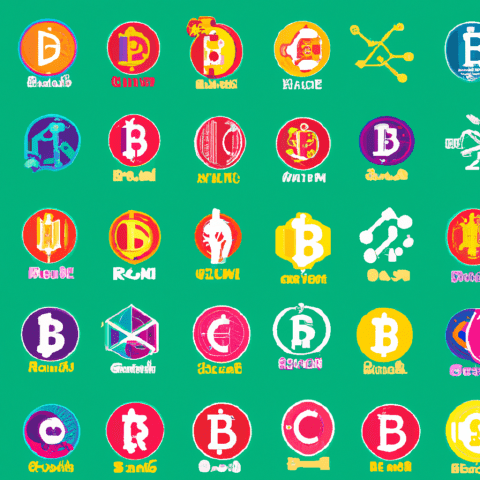In the fast-paced world of cryptocurrency trading, navigating the plethora of options available can be overwhelming. From centralized exchanges to decentralized exchanges, knowing the differences and benefits of each can make all the difference in your trading experience. In this article, we will explore the world of crypto exchanges, including decentralized exchanges (DEXs) and their advantages for Bitcoin, Ethereum, and Solana. We will also discuss the top DEXs to consider for crypto swaps and liquidity, as well as how to effectively buy and sell crypto using these platforms. Whether you are a seasoned trader or just getting started, understanding the ins and outs of crypto exchanges is key to maximizing your investment potential.
1. "Navigating the World of Crypto Exchanges: Understanding the Differences Between Centralized and Decentralized Exchanges"
When it comes to trading cryptocurrencies, navigating the world of crypto exchanges can be overwhelming for beginners. One of the key distinctions to understand is the difference between centralized exchanges (CEX) and decentralized exchanges (DEX).
Centralized exchanges, such as Binance or Coinbase, act as intermediaries between buyers and sellers, holding users' funds and facilitating trades. They are typically easier to use and offer more liquidity compared to DEXs. However, CEXs are also more vulnerable to hacking and government regulations, as they centralize all user data and assets in one place.
On the other hand, decentralized exchanges, like Uniswap or SushiSwap, operate on a peer-to-peer network without a central authority. Users trade directly with each other using smart contracts, eliminating the need for a middleman. DEXs offer greater privacy, security, and control over funds, as users retain ownership of their assets at all times.
While CEXs are more popular among traders due to their user-friendly interfaces and higher trading volumes, DEXs are gaining traction for their decentralized nature and resistance to censorship. As the cryptocurrency market continues to evolve, understanding the differences between centralized and decentralized exchanges is crucial for making informed trading decisions.
For those looking to explore the world of decentralized exchanges, some of the top DEXs to consider include Uniswap, SushiSwap, and PancakeSwap. These platforms offer a wide range of cryptocurrencies to trade, as well as opportunities to provide liquidity and earn fees through yield farming.
In conclusion, whether you choose to trade on a centralized exchange or a decentralized exchange, it's important to do your research and understand the pros and cons of each. By staying informed and utilizing the right tools, you can navigate the world of crypto exchanges with confidence and make the most of your trading experience.














